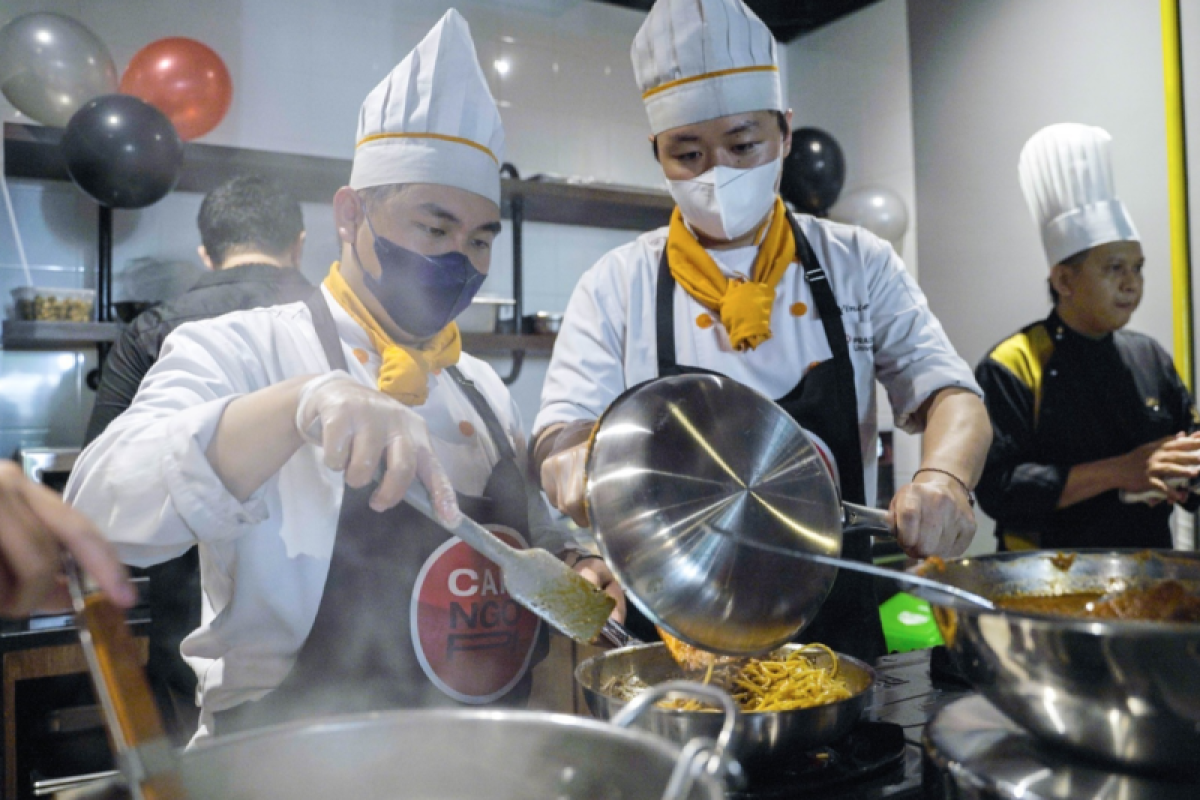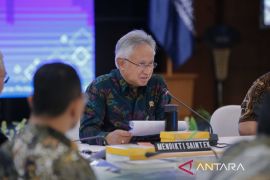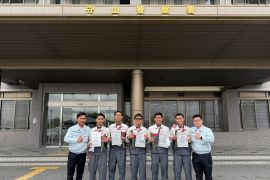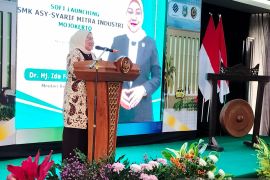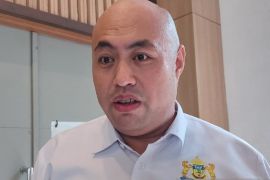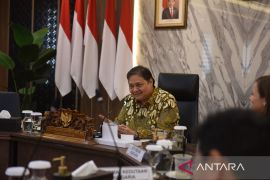One of the universities providing such an opportunity is Pradita University, which is running a cafe as a "live laboratory" or a place for students to practice their skills.
The coffee shop named Can Ngopi is being used as a practice ground by students from various academic departments.
"This is a collaboration of students from six academic departments, namely retail management, visual communication design, interior design, accounting, culinary arts, and hospitality and tourism," rector of Pradita University, Prof. Dr. Ir Richardus Eko Indrajit, said in Jakarta some time ago.
Under the guidance of lecturers, students from the departments are working hand in hand on developing and managing Can Ngopi, he added.
With real-life practice, students are expected to experience how to manage a cafe directly. This is expected to be valuable learning, especially by providing experience to students on how to face the world of work.
Interdisciplinary collaboration can also provide learning experiences to students, not only in the culinary field, but also in other fields, such as marketing, accounting, retail management, interior design, and visual communication.
Executive director of Pradita University, Aida Halim, said that with the opening of the Can Ngopi cafe, students can learn how to serve customers.
"As well as how their products are bought, liked, or criticized by consumers. (They can) experience real intense competition in the world of business, experience competition with other competitors such as other cafes, restaurants, or retailers," she added.
The cafe’s manager, Jessica Savira, who graduated from the Culinary Arts Department of Pradita University, said that the cafe has become a place of in-depth learning about how to open a business and how to manage and help, especially for students from various academic departments.
A Culinary Arts Student at Pradita University, who is also the head chef at the Can Ngopi cafe, Carolina Oghata, said that she once felt worried about the responsibility given to her. "Nevertheless, I get more experience here," she added.
Apart from its function as a practice ground for students, Can Ngopi cafe, which is located in Summarecon Digital Center, is also open to the public. At the cafe, students can get learning experiences in accordance with their competency before entering the world of work.
Improving job opportunities
Internship programs for university students can also improve job opportunities as they can connect academic knowledge and the world of work.
To this end, collaboration between universities and industries is needed where students can be involved in projects at industries.
Dean of the School of Applied STEM (Science, Technology, Engineering, and Mathematics) of Prasetiya Mulya University, Stevanus Wisnu Wijaya, said that students can use a minimum of two semesters to work in the industries that they want.
Students can also develop their skills through work practice, business understanding, and cooperation.
"We have a Co-Operative (Co-Op) program as one of the methods of internship for students," he informed.
The program seeks to not only enrich the portfolio of students with work experience, but also support them in getting a job even before graduation.
The program follows the work-integrated learning curriculum format, which has been adapted from a similar program at the University of Waterloo, Canada, which has been a partner of Prasetiya Mulya University since 2016. The program was launched five years ago.
A year-long internship would be sufficient for companies to gauge the performance of students. Thus, the majority of companies or industries can then recruit interns after they graduate.
Companies are also being encouraged to provide salaries so that interns can work like professionals. Apart from enriching students' work experience and helping them get jobs, the program is also helping students in developing their industry-based thesis projects.
Acting director general of higher education at the Ministry of Education, Culture, Research, and Technology, Nizam, said that internship programs have a positive impact on students, especially in terms of the absorption of graduates in the world of work.
To this end, his ministry has expressed appreciation for universities that are running their own internship programs that are integrated with industries.
To enter the world of work or a profession, it is not enough for students to learn from a class, laboratory, or library; they need to get directly involved in the world of work.
The Ministry of Education, Culture, Research, and Technology is also offering the Independent Certified Internship and Study (MSIB) program, which currently has entered its fourth batch with a total of 25,952 participants. The students were selected from a total of 79,769 registrants from across the country.
The ministry's director general of vocational education, Kiki Yuliati, said that the MSIB program will create human resources that are excellent, globally competitive, and competent, both in terms of hard and soft skills.
"This program has proven successful in accelerating the employment rate of graduates," she said.
On average, vocational students who participate in the MSIB program only need to wait around four months to get a job, she added.
Related news: Indonesia continues to catch up in education field: Moeldoko
Related news: Expect advocacy to help tackle PAUD, SD misconceptions: ministry
Editor: Rahmad Nasution
Copyright © ANTARA 2023
